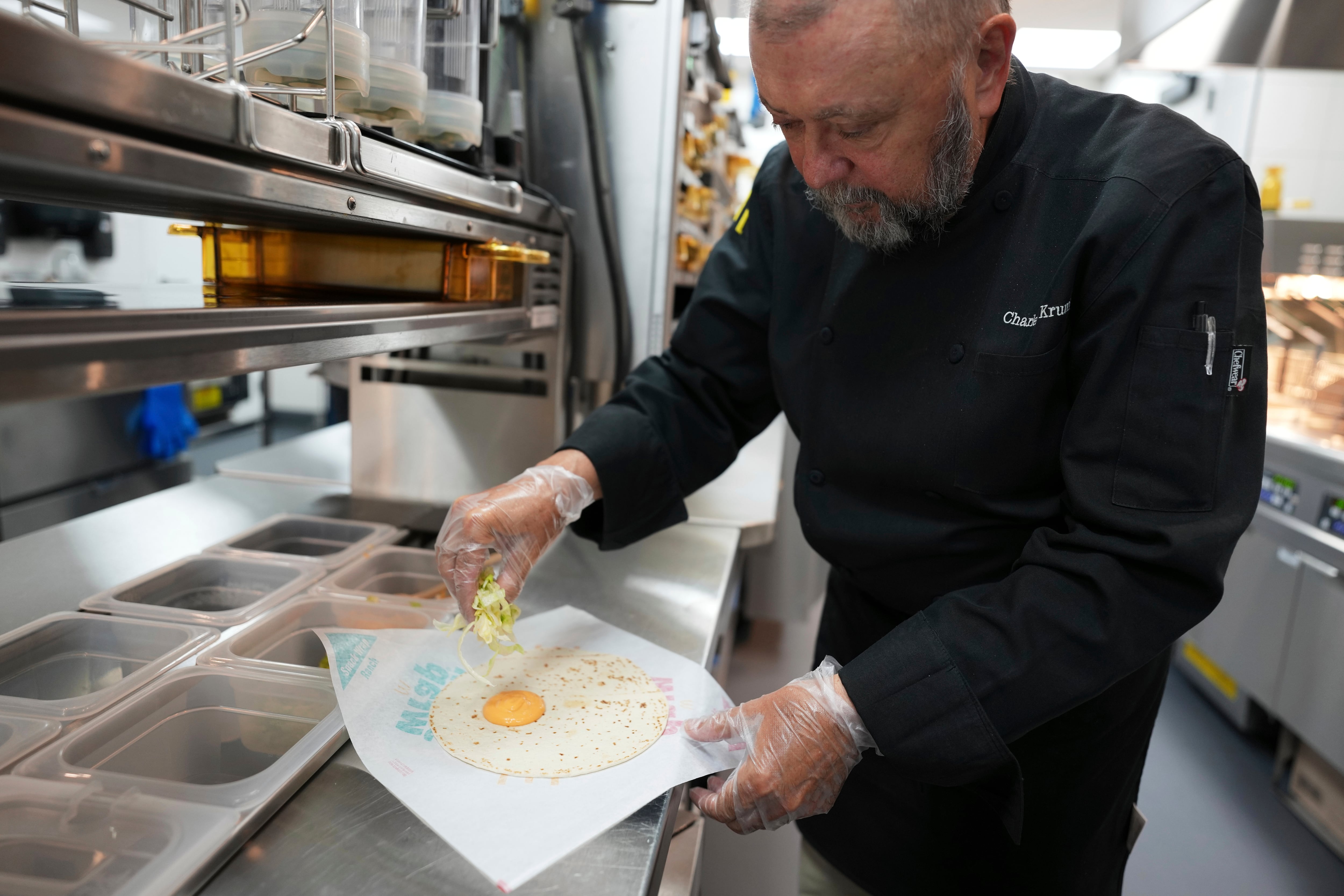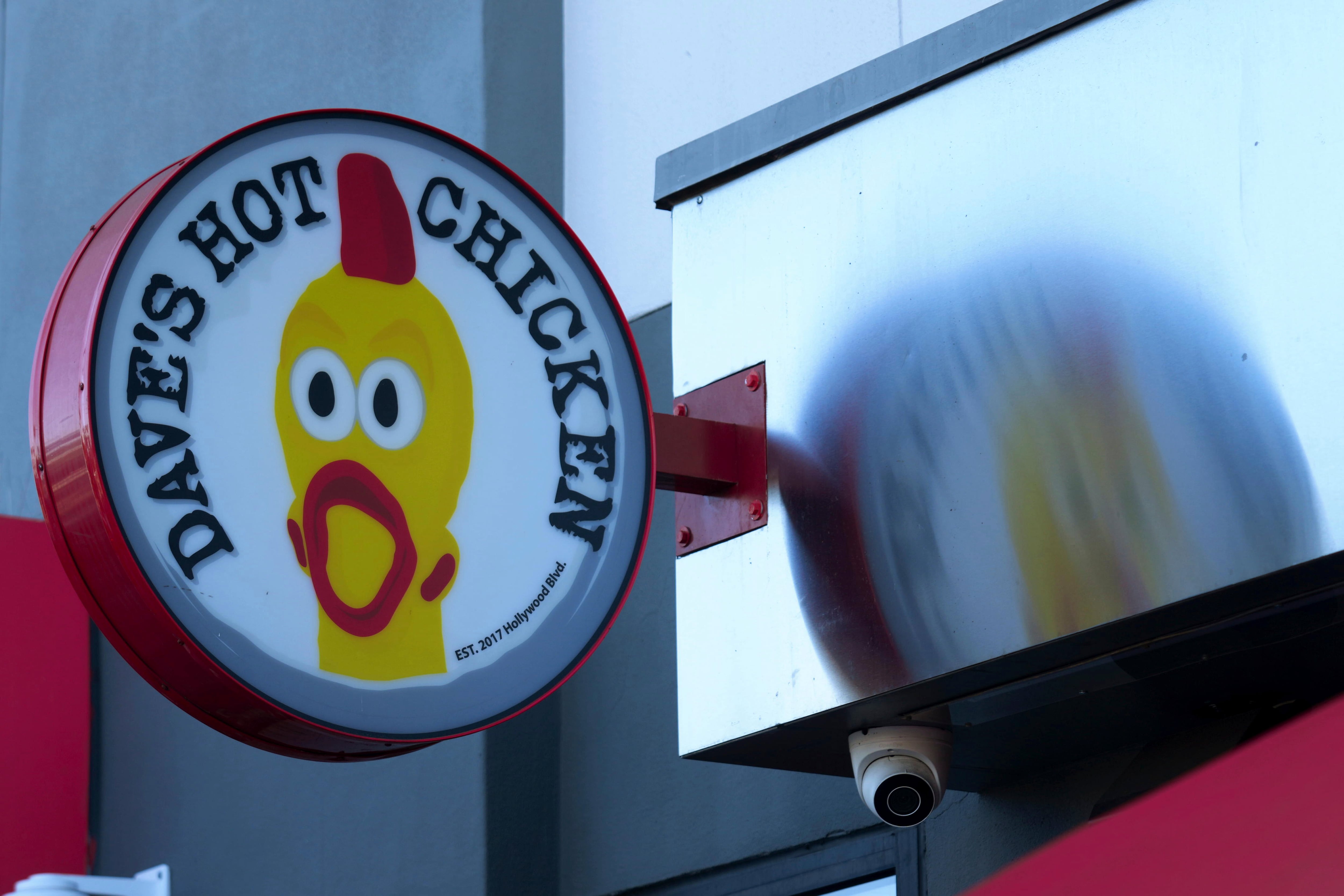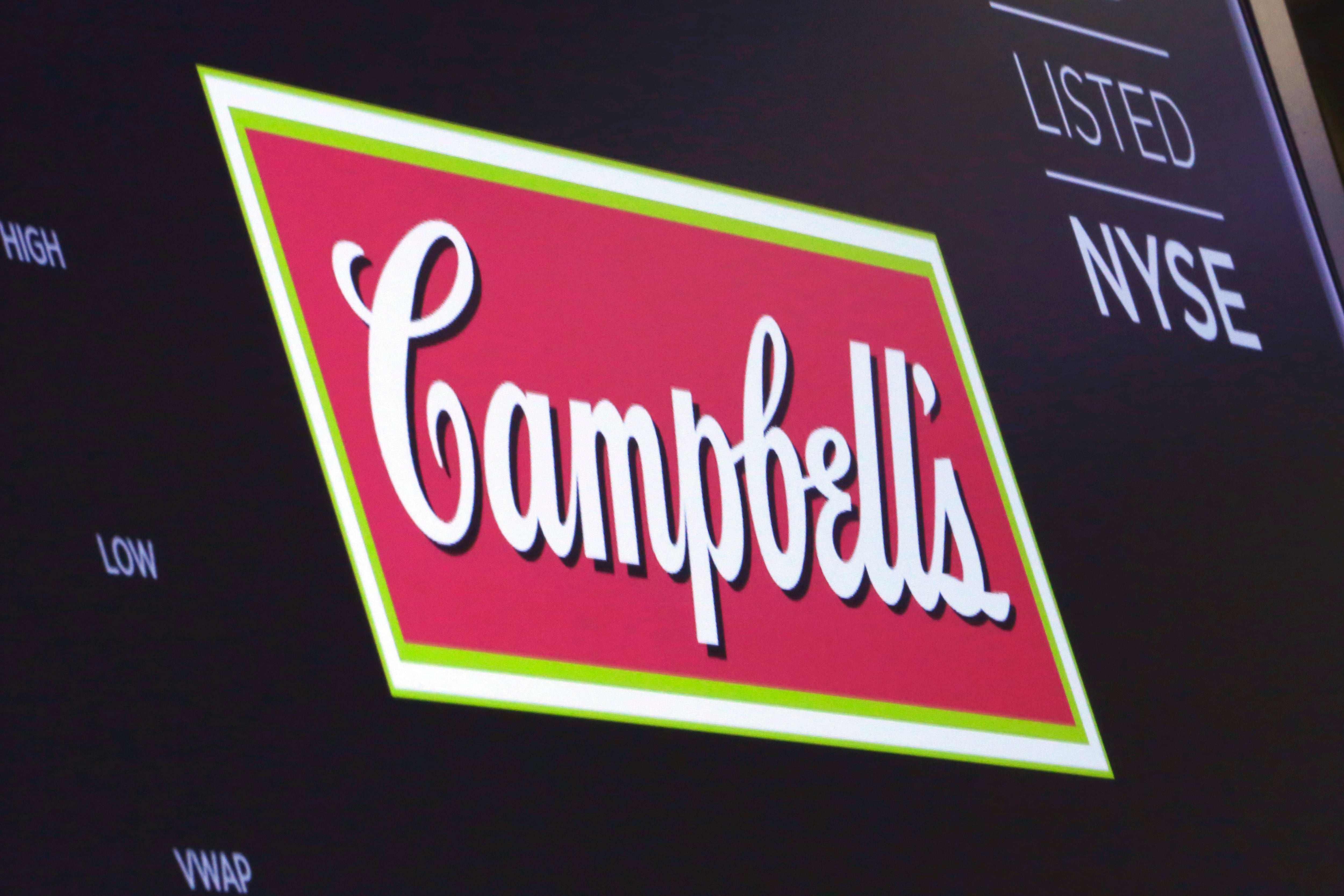New bike-share services have raised the ire of San Francisco traffic authorities after their bicycles were found ditched around the city, but an executive of one of the start-ups said the friction with officials is an opportunity to strengthen its relationship with the community. “We are seeing this as an opportunity to improve, understand the needs, and make sure there’s education on both sides to create a long term program,” said Caen Contee, the vice president of partnerships for LimeBike. That year-old start-up maintains a fleet of GPS-enabled bicycles, electric bikes, and scooters that can be unlocked with smartphones. Unlike some urban bike services that require riders to pick-up and drop-off at specific docking stations, you can hop on and off a LimeBike almost anywhere. But LimeBike's dock-less model has led some users to abuse its flexibility. The city of San Francisco recently sent LimeBike and two other bike-share companies a cease-and-desist letter for creating [“a public nuisance.”](https://sf.curbed.com/2018/4/16/17244850/scooters-cease-desist-san-francisco-letter-stop-motorized) after unused bikes were left lying around the city or, in some cases, thrown into local waterways. Contee said he is confident that bike-sharing companies can work through these early kinks the way the auto industry did in its early years, before there was any parking infrastructure or standard parking enforcement. “We have been able to stand by the fact that we’re working with communities, with associations, hiring local people,” said Contee. He says the services have shown they can solve an immediate problem. The company, founded last year, is backed by venture capitalists, including Andreessen Horowitz, and has raised $132 million in funding. Riders have made over 88 million trips on shared bikes from 2010 to 2016, according to a [report by the National Association of City Transportation Officials](https://nacto.org/bike-share-statistics-2016/). LimeBike's Contee sees more opportunity for growth. The start-up has plans to enter New York, where it will directly take on the incumbent Citi Bike. But Contee isn't worried about the competition. "It’s about being complementary,” he told Cheddar. “There are areas of the city that don’t have it. How do we create something that allows them to be served?” For full interview, [click here](https://cheddar.com/videos/limebike-wants-you-to-scoot-to-work).












